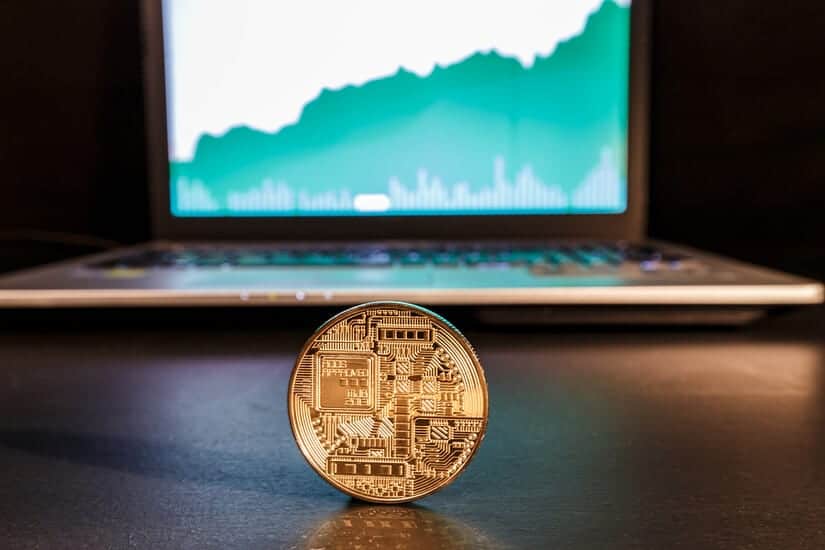Among the heat of altcoins has been the initial coin offering (ICO).
An ICO is similar to an initial public offering with stocks, or IPO, and often they have the same benefits and drawbacks. But what should investors know about ICOs before they consider putting down their money?
The Benefits of ICOs
Just like an initial public offering, ICOs offer a chance to get in on the ground floor. We’ve all heard the story of the massage therapist or the chef who was paid in part with stock options from companies like Google and has now retired at 35 on the earnings. But any smart investor is wary of stories of guaranteed easy money or promises that an asset they barely know will go through the roof.
So it’s important to ask what an ICO offers beyond just the hype, and sure enough, the biggest ICOs have tended to have more to them than just mentioning “blockchain” repeatedly in their press releases. For example, Filecoin, one of the biggest ICOs of 2017, uses altcoins as a tool to allow members of the network to sell their empty hard drive space to people who need more storage. Think of it as the cloud storage version of renting out your neighbor’s garage to store some of your stuff. It’s a pretty clever idea in and of itself, and the altcoin is tied to an asset people value independently. Is it worth a $250 million ICO? Well, that’s up to the investor.
Another major ICO, Tezos, grew because it was built to solve a problem inherent in altcoins. Instead of governance arguments on Twitter and Reddit, governance is built into the code of the altcoin. That promises to limit the number of forks and keep the altcoin stable. Again, whether that’s worth over $250 million is up to the investor. But it’s certainly attention-getting.
The Drawbacks Of ICOs
As any veteran of the overheating IPO era can tell you, there’s a pretty good chance with an altcoin that there’s a “pump and dump.” Somebody creates an altcoin, markets it brilliantly, talks up its world-changing potential, the altcoin debuts at a sky-high price, and those who got in even earlier dump their coins and walk away. There’s already a problem with “token presales,” sort of the ICO before the ICO, and accusations that they’re used to create pump-and-dump scams.
Another concern is the regulatory market. Thanks to their youth as an investment, governments don’t yet have any regulatory standards in place for altcoins or ICOs. But that’s changing rapidly, and the resemblance of ICOs to other financial instruments has caught the attention of both finance attorneys and government regulators. The legal and regulatory landscape will change rapidly across the globe as altcoins proliferate and as governments take a closer look at those behind them.
Finally, there’s a simple risk in any investment. Some ideas take off and some stiff, regardless of their quality. Betamax was far better than VHS, but which won the format wars? One of the worst things any investor can do is let hype overwhelm their common sense, even if an investment is brilliantly conceived. So, just like stocks, bonds, or any other financial instrument, caveat emptor.






